DP Courses
As part of the IB Diploma Programme, students must choose six courses of study in addition to the DP Core: Theory of Knowledge, the Extended Essay and CAS.
The three core elements are:
- Theory of knowledge, in which students reflect on the nature of knowledge and on how we know what we claim to know.
- The extended essay, which is an independent, self-directed piece of research, finishing with a 4,000-word paper.
- Creativity, activity, service, in which students a series of experiences and a project meeting learning outcomes.
COURSE SELECTION
Diploma Programme students must select six DP courses to complete their program. Each student must choose between 3-4 HL courses, and 2-3 SL courses in order to meet the requirements of the diploma.
These six courses are selected from the six subject groups:
- Language & Literature
- Language Acquisition
- Individuals and Societies
- Mathematics
- The Arts
- Sciences
At Back of the Yards College Preparatory High School, students may select from the following DP courses:
LANGUAGE & LITERATURE
STUDIES IN LANGUAGE AND LITERATURE
- HL English: Literature
- HL Spanish A
All DP students are automatically enrolled in HL English: Literature.
BOYCP is one of the only school's in Chicago that offers a full Bilingual pathway for students! Students may opt to do both of their language courses at this level by choosing HL Spanish A as their 2nd language course.
The courses offer a broad range of texts, and students grow to appreciate a language’s complexity, wealth and subtleties in a variety of contexts. Students take their studies in a language in which they are academically competent.
Through each course, students are able to develop:
- a personal appreciation of language and literature
- critical-thinking skills in their interaction with a range of texts from different periods, styles, text-types and literacy forms
- an understanding of the formal, stylistic and aesthetic qualities of texts
- strong powers of expression, both written and oral
- an appreciation of cultural differences in perspective
- an understanding of how language challenges and sustains ways of thinking.
Through studies in language and literature, the DP aims to develop a student's lifelong interest in language and literature, and a love for the richness of human expression.
The language A: literature course introduces students to the analysis of literary texts. It is the course through which the IB’s policy of mother-tongue entitlement is delivered. The course is automatically available in 55 languages and available by special request and may be studied in any language with a sufficiently developed written literature.
The course is organized into three areas of exploration and seven central concepts, and focuses on the study of literary works. Together, the three areas of exploration of the course add up to a comprehensive exploration of literature from a variety of cultures, literary forms and periods. Students learn to appreciate the artistry of literature, and develop the ability to reflect critically on their reading, presenting literary analysis powerfully through both oral and written communication.
HL English: Literature A
The literature course description above, conducted in English.
HL Spanish A
The literature course description above, conducted in Spanish.
LANGUAGE ACQUSITION
All DP students must select a 2nd language course in addition to HL English: Literature. Students who do not select the Bilingual pathway may choose from the following DP language acquisition courses:
LANGUAGE ACQUISITION
- HL Spanish B
- SL Spanish B
- SL French abinitio
The main emphasis of the modern language courses is on the acquisition and use of language in a range of contexts and for different purposes while, at the same time, promoting an understanding of another culture through the study of its language.
- Language ab initio courses are for beginners (that is, students who have little or no previous experience of learning the language they have chosen). These courses are only available at standard level.
- Language B courses are intended for students who have had some previous experience of learning the language. They may be studied at either higher level or standard level.
HL Spanish B
For students who have experience learning Spanish.
SL Spanish B
For students who have some experience learning Spanish.
SL French Abinitio
For students who are beginning to learn French.
INDIVIDUALS AND SOCIETIES
All DP students are enrolled in HL History as their social science course. Students may choose a second course of study except in the Arts.
INDIVIDUALS AND SOCIETIES
- HL History
- HL Global Politics
- SL Global Politics
- Coming in 2021-2022: SL Psychology
Studying any one of these subjects provides for the development of a critical appreciation of:
- human experience and behaviour
- the varieties of physical, economic and social environments that people inhabit
- the history of social and cultural institutions.
In addition, each subject is designed to foster in students the capacity to identify, to analyse critically and to evaluate theories, concepts and arguments relating to the nature and activities of individuals and societies.
COURSE DESCRIPTIONS
HL History
History is a dynamic, contested, evidence-based discipline that involves an exciting engagement with the past.
History is an exploratory subject that fosters a sense of inquiry. It is also an interpretive discipline, allowing opportunity for engagement with multiple perspectives and opinions. Studying history develops an understanding of the past, which leads to a deeper understanding of the nature of humans and of the world today.
The Diploma Programme (DP) history course is a world history course based on a comparative, multi-perspective approach to history and focused around key historical concepts such as change, causation and significance. It involves the study of a variety of types of history, including political, economic, social and cultural, encouraging students to think historically and to develop historical skills.
In this way, the course involves a challenging and demanding critical exploration of the past.
The DP history course requires students to study and compare examples from different regions of the world, helping to foster international mindedness. Teachers have a great deal of freedom to choose relevant examples to explore with their students, helping to ensure that the course meets their students’ needs and interests regardless of their location or context.
HL or SL Global Politics
The global politics course explores fundamental political concepts such as power, equality, sustainability, and peace in a range of contexts and at a variety of levels.
It allows students to develop an understanding of the local, national, international and global dimensions of political activity, as well as allowing them the opportunity to explore political issues affecting their own lives.
Global politics draws on a variety of disciplines in the social sciences and humanities. It helps students to understand abstract political concepts by grounding them in real world examples and case studies, and also invites comparison between such examples and case studies to ensure a transnational perspective.
Developing international mindedness and an awareness of multiple perspectives is at the heart of this course. It encourages dialogue and debate, nurturing the capacity to interpret competing and contestable claims.
All standard level and higher-level students complete a common core under the central unifying theme of "people, power and politics". This consists of four core units:
- Power, sovereignty and international relations
- Human rights
- Development
- Peace and conflict.
MATHEMATICS
All DP students are enrolled in a mathematics course. Students may choose to complete their math course during their junior year, and thus enroll in AP Calculus during their senior year.
MATHEMATICS
- SL Mathematics: Applications & Interpretation
- SL Mathematics: Analysis & Approaches
It is a requirement of the programme that students study at least one course in mathematics.
The aims of these courses are to enable students to:
- develop mathematical knowledge, concepts and principles
- develop logical, critical and creative thinking
- employ and refine their powers of abstraction and generalization.
Students are also encouraged to appreciate the international dimensions of mathematics and the multiplicity of its cultural and historical perspectives.
All DP mathematics courses require students to appreciate the use of technology in mathematics and become proficient with graphic display calculators.
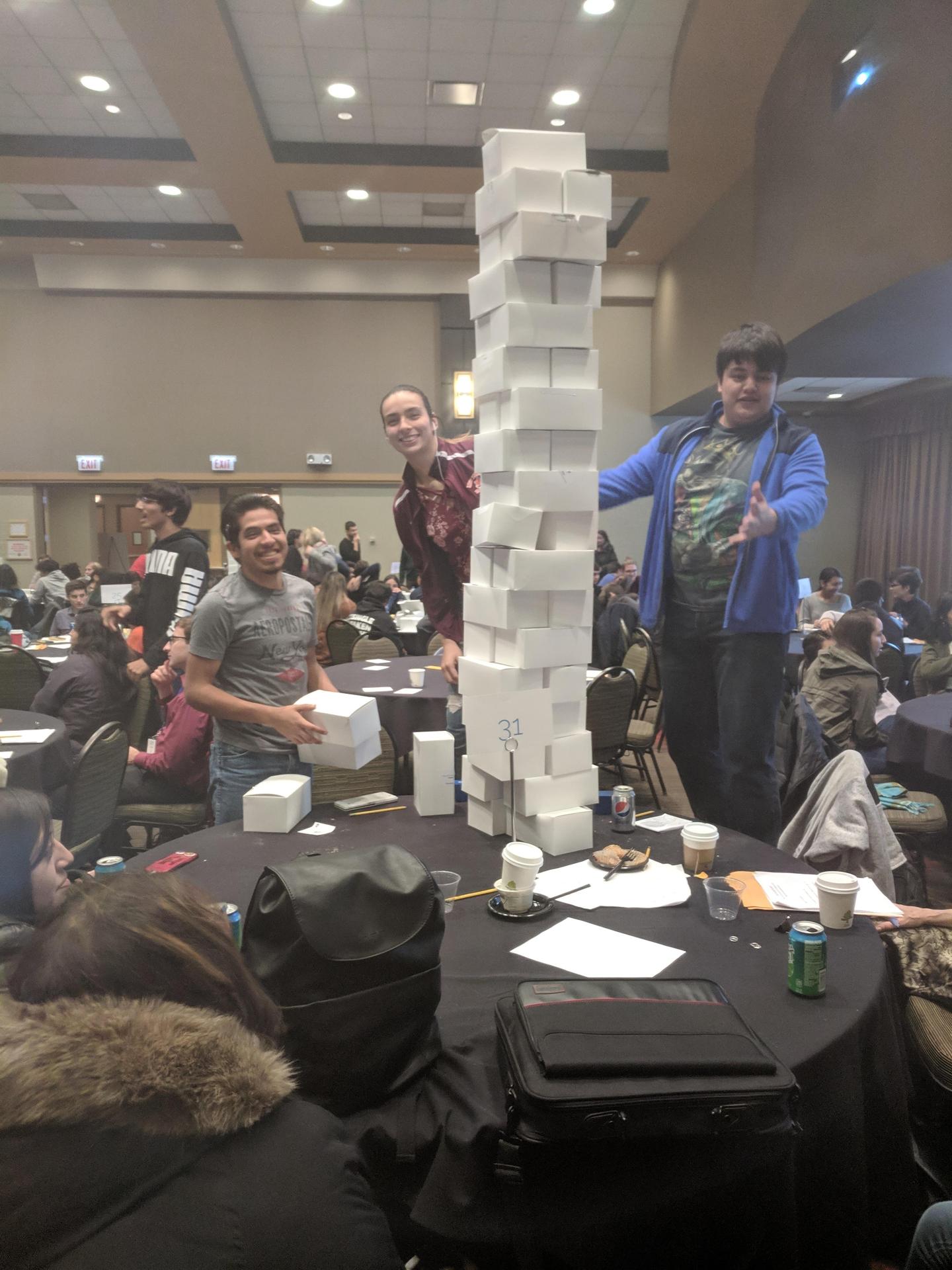
COURSE DESCRIPTIONS
SL Mathematics: Applications & Interpretation
The course emphasizes the applied nature of the subject and is designed for students who wish to understand how mathematics relates to the real world and to other subjects.
It will appeal to students who enjoy mathematics in a practical context. Students who take this course will be interested in developing their skills in solving practical problems, harnessing technology and exploring mathematical models.
This course is suitable for students who may go on to further study in subjects that utilize mathematics in this way such as social sciences, natural sciences, statistics, business, psychology or design. Course description and more info here
SL Mathematics: Analysis & Approaches
There is a strong emphasis on calculus and on algebraic, graphical and numerical approaches. In this course, students will develop strong skills in mathematical thinking and become fluent in the construction of mathematical arguments.
The Mathematics: Analysis and Approaches course is designed for students who wish to study mathematics as a subject in its own right or to pursue their interests in areas related to mathematics. It will appeal to students who are interested in exploring real and abstract applications of mathematical concepts. They will enjoy problem solving and generalisation.
This course is suitable for students who may go on to further study in subjects that have a significant level mathematics content, for example mathematics itself, engineering, physical sciences or economics.
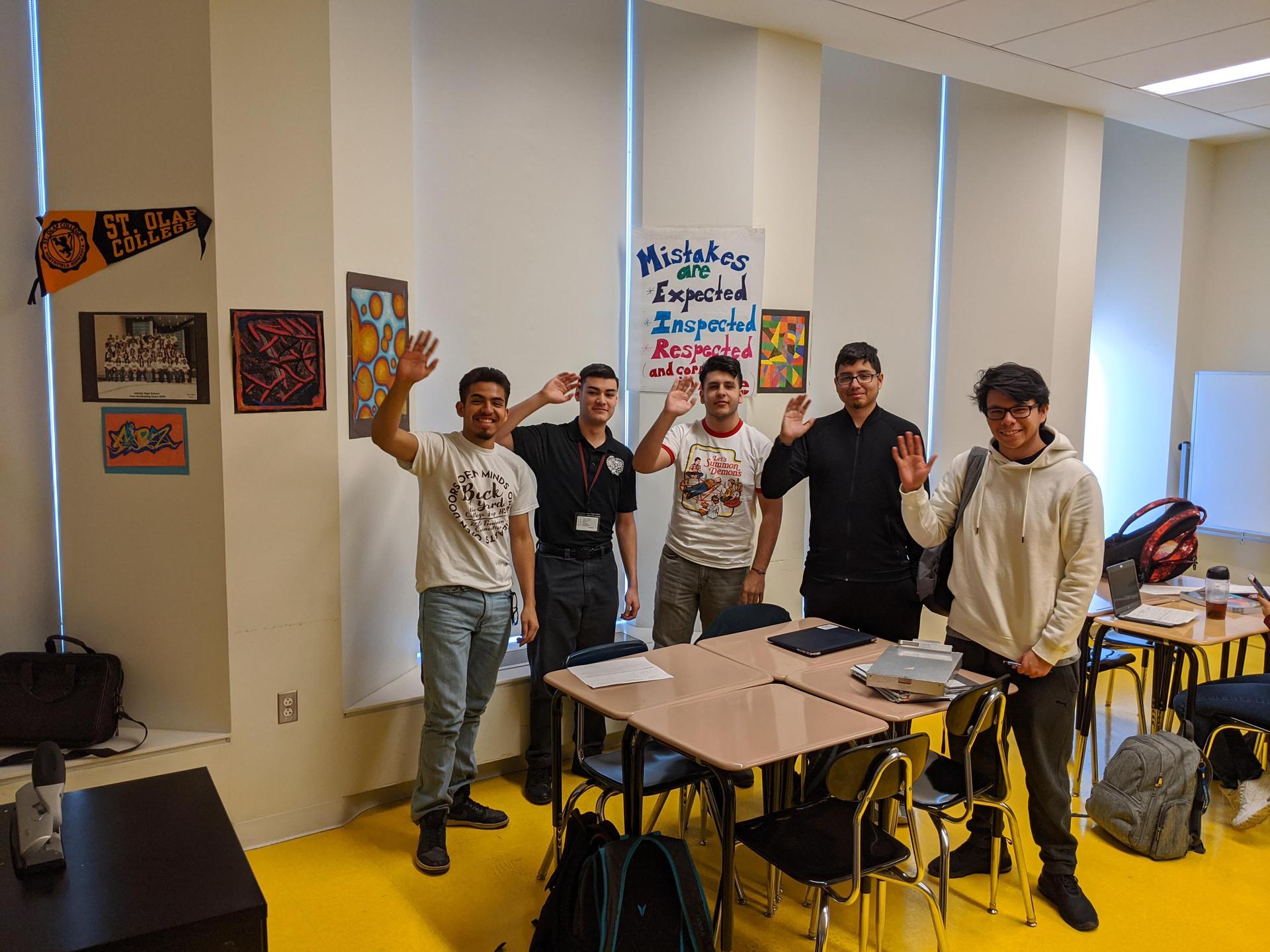
THE ARTS
DP Students may choose one Arts course to complete their diploma:
THE ARTS
- HL Visual Arts
- SL Visual Arts
- SL Dance
The subjects in the arts allow a high degree of adaptability to different cultural contexts. The emphasis is on creativity in the context of disciplined, practical research into the relevant genres.
In addition, each subject is designed to foster critical, reflective and informed practice, help students understand the dynamic and changing nature of the arts, explore the diversity of arts across time, place and cultures, and express themselves with confidence and competence.
COURSE DESCRIPTIONS
SL Dance
The course focuses on the composition, performance and analysis of dance, or “expressive movement,” which is practiced amongst peoples of various backgrounds, and for a variety of purposes, throughout the world.
Students create, participate in, and reflect upon dance forms and styles from a range of cultures and traditions, both familiar and unfamiliar.
Student choreographed DP Dance Performance:
HL or SL Visual Arts
The visual arts are an integral part of everyday life, permeating all levels of human creativity, expression, communication and understanding.
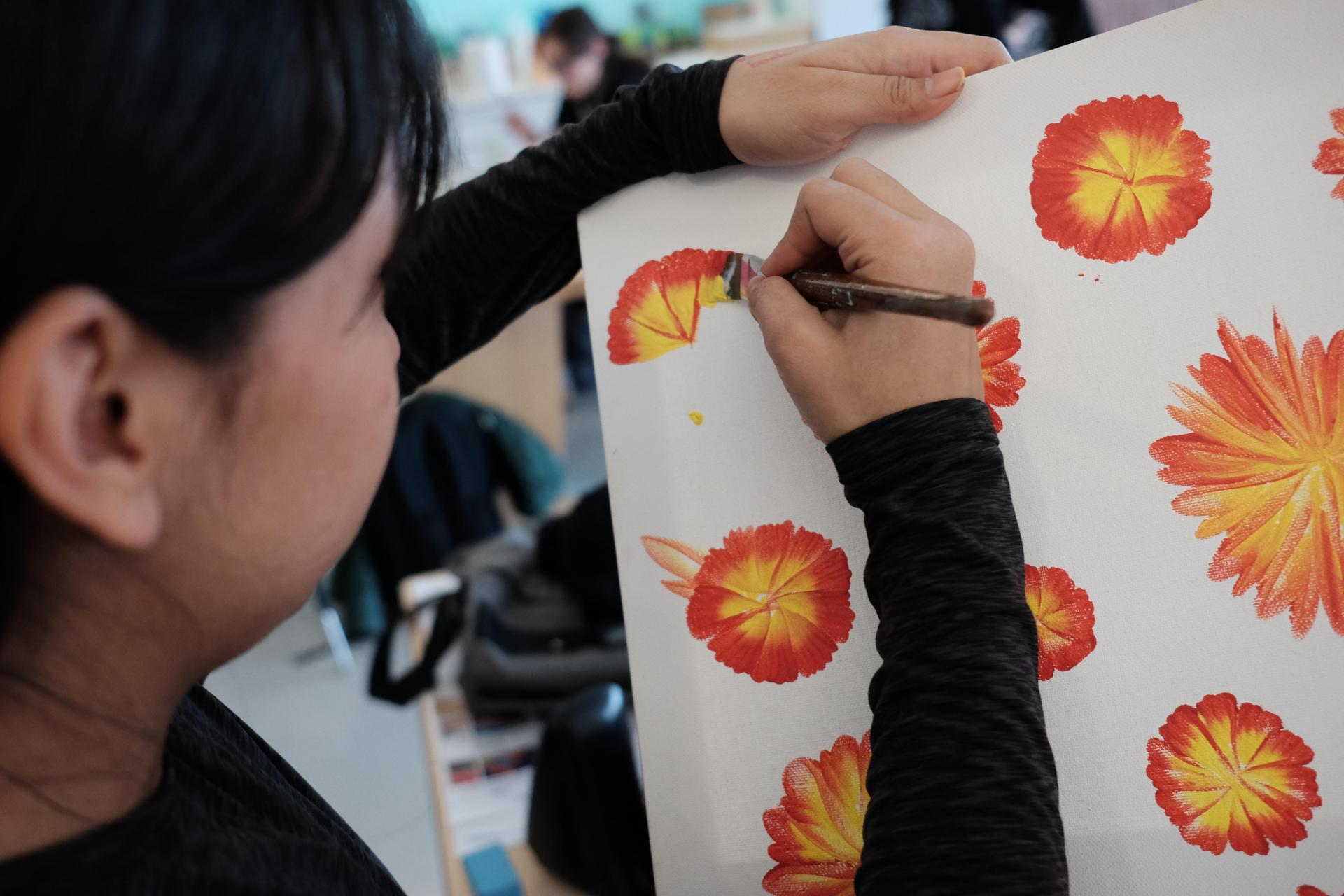

The IB Diploma Programme visual arts course encourages students to challenge their own creative and cultural expectations and boundaries. It is a thought-provoking course in which students develop analytical skills in problem-solving and divergent thinking, while working towards technical proficiency and confidence as art-makers. In addition to exploring and comparing visual arts from different perspectives and in different contexts, students are expected to engage in, experiment with and critically reflect upon a wide range of contemporary practices and media.
The course is designed for students who want to go on to study visual arts in higher education as well as for those who are seeking lifelong enrichment through visual arts.
Students in Visual Arts work towards creating and curating a gallery show of their own artwork. HL students complete 8-11 artworks, while SL students complete 4-7 artworks. View the Class of 2020 DP Visual Arts Exhibitions here
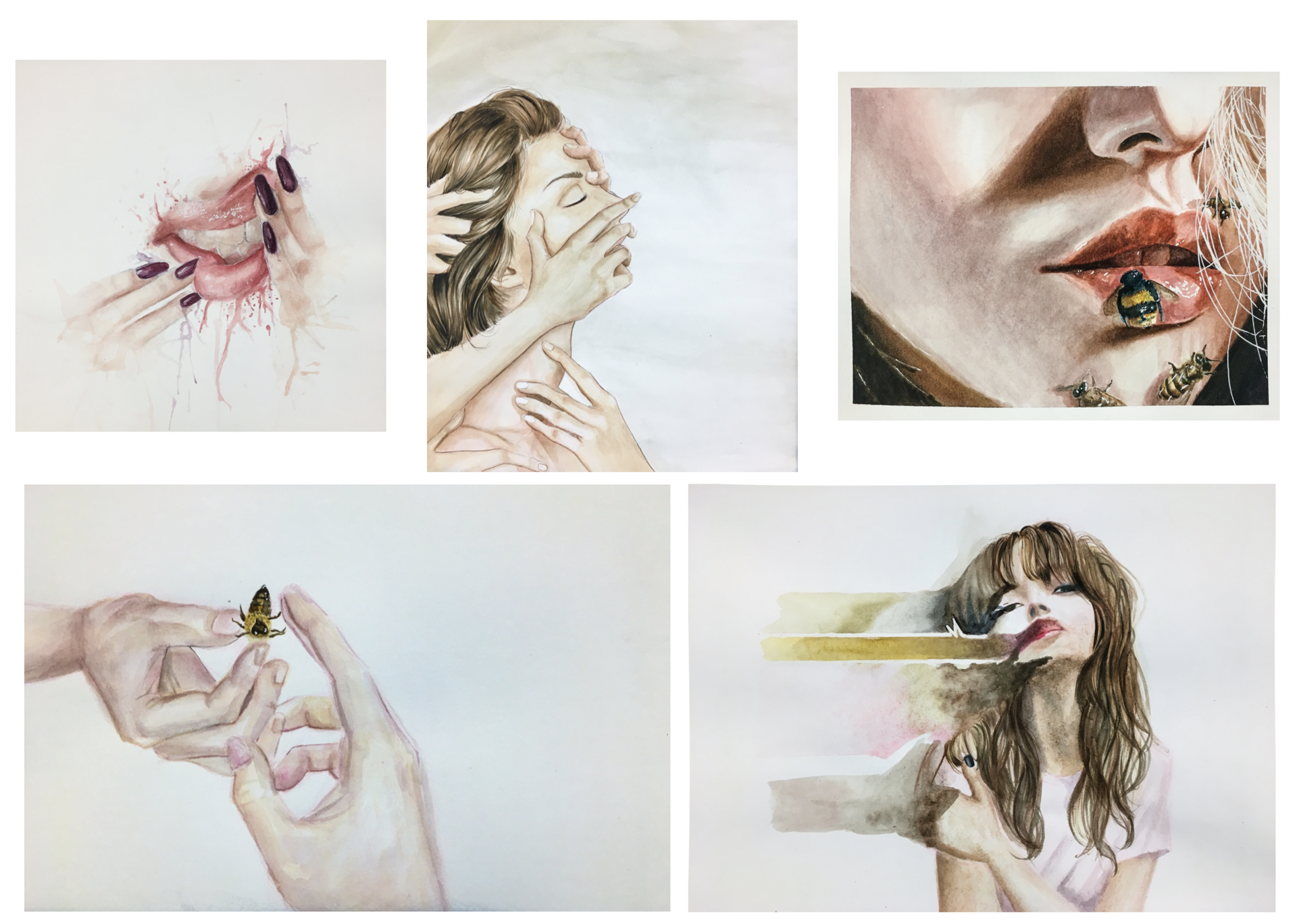

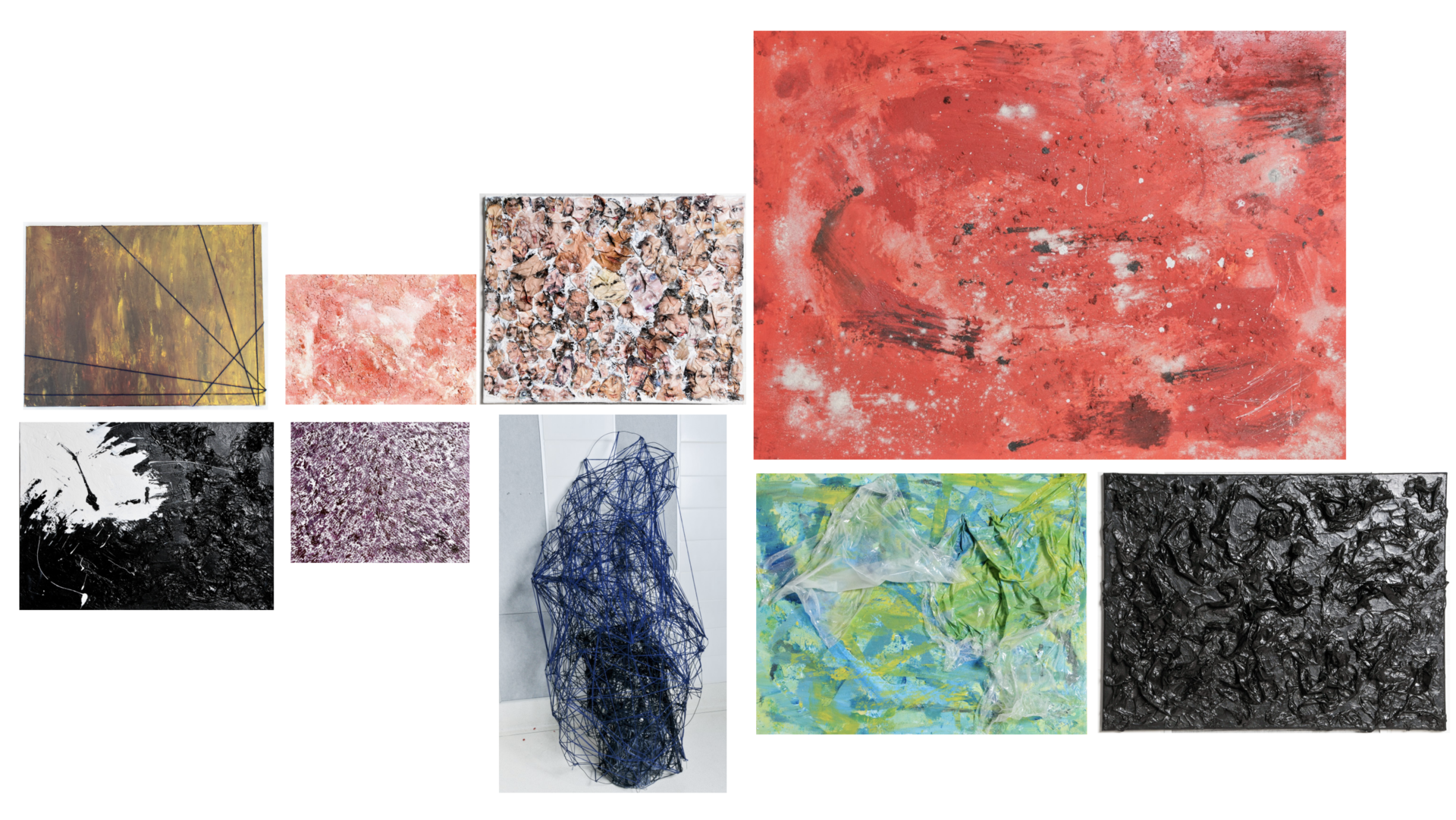

Adapted from the IB Website, more info here
SCIENCES
All DP Students must select one science course to complete their diploma:
SCIENCES
- SL Biology
- SL Environmental Systems & Societies
COURSE DESCRIPTIONS
SL Biology
Biologists investigate the living world at all levels using many different approaches and techniques.
At one end of the scale is the cell, its molecular construction and complex metabolic reactions. At the other end of the scale biologists investigate the interactions that make whole ecosystems function. Many discoveries remain to be made and great progress is expected in the 21st century.
Through studying a science subject students should become aware of how scientists work and communicate with each other. While the scientific method may take on a wide variety of forms, the emphasis on a practical approach. In addition, through the overarching theme of the “Nature of Science” this knowledge and skills will be put into the context of way science and scientists work in the 21st Century and the ethical debates and limitations of creative scientific endeavour.
The sciences are taught practically. Students have opportunities to design investigations, collect data, develop manipulative skills, analyse results, collaborate with peers and evaluate and communicate their findings. The investigations may be laboratory based or they may make use of simulations and data bases. Students develop the skills to work independently on their own design, but also collegiately, including collaboration with schools in different regions, to mirror the way in which scientific research is conducted in the wider community.
SL Environmental Systems & Societies
Through studying environmental systems and societies (ES&S) students will be provided with a coherent perspective of the interrelationships between environmental systems and societies; one that enables them to adopt an informed personal response to the wide range of pressing environmental issues that they will inevitably come to face.
The teaching approach is such that students are allowed to evaluate the scientific, ethical and socio-political aspects of issues.
Students will be able to study this course successfully with no specific previous knowledge of science or geography. However, as the course aims to foster an international perspective, awareness of local and global environmental concerns and an understanding of the scientific methods, a course that shares these aims would be good preparation.
During the course, students will study eight different topics. An important aspect of the ES&S course is hands-on work in the laboratory and/or out in the field.